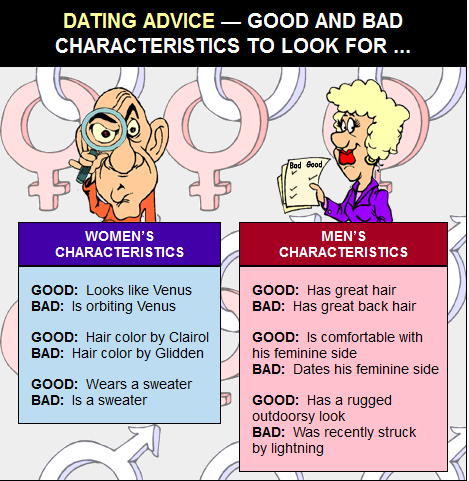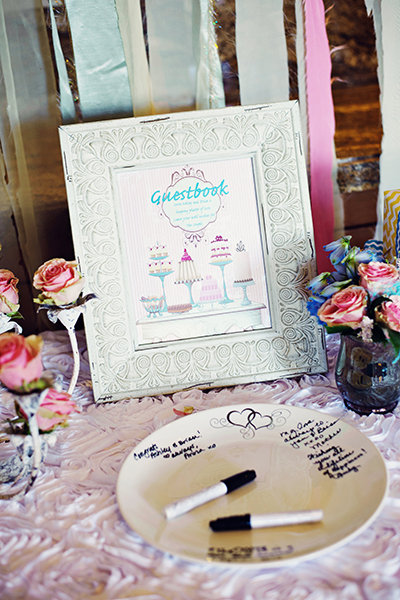
Resilience means being able to handle stress, emotional pain, change and other challenges. You can also have strength within your social relationships. Your life will be more fulfilling if you're resilient.
Accepting that things can change
Positive thinking is a key ingredient to improving your resilience. Focusing on the positives will reduce stress, help you manage difficult situations, and keep you motivated.
It is possible to increase your resilience by making connections with others. To cope with the difficulties of life, it is important to have a support network made up of close friends and family. They can provide support, guidance and a safe environment for vulnerability.
Learning to accept strong emotions is another way to increase resilience. For your overall health, it is essential to learn how to manage anxiety and stress. Resilience can be developed by learning when to have a mental break, and when to talk with someone.
Another way to boost your resilience is to find a go-to stress reliever. This could be a meditation practice, exercise, or listening to your favorite music. These activities can lift your mood as well as release endorphins.
Social relationships are a strength
Strong social networks are important for resilience. Resilience is also an important factor in physical well-being. Studies show that low levels in social support could increase the risk of having problems with your physical health.

Resilience is also linked to having a positive emotional outlook. Positive emotions can be associated with resilience, individual fulfillment perceptions, and eudaimonic wellness. Research in the U.S. has shown that positive emotion is linked to resilience. However, resilience in other cultures may not be associated with positive emotion.
Research has shown that resilient people are able to have strong moral compasses and believe in something greater than they themselves. They are also eager to learn and explore.
Being resourceful and disciplined are also key components of resilience. It is possible to increase resilience by setting realistic goals and planning for the future.
Accepting emotional pain and stress
Whether you're facing a difficult situation or something more severe, resilience can help you get through it. Resilience refers to the ability to adapt to and manage stressful situations, regardless of whether they are related to work, family, or health.
You must develop positive mentality and good coping skills to be resilient. People who are resilient set realistic expectations, do not let their experiences define them and don't accept defeats as a way to overcome them.
Resilience is something that you can learn over time. It can help you to deal with stressful situations, avoid future mental health problems, as well as protect you against future setbacks. Being resilient can help you be more open to strong emotions such as anger or sadness.
It is a personal journey to develop resilience. It involves building relationships and learning healthy communication skills. It is possible to turn to the community or seek professional help. Self-compassion can help you build resilience.
Here are some questions to ask yourself

Important skills include the ability to bounce back from failure, face setbacks, and overcome adversity. These skills are known as resilience. Resilience isn't something that comes naturally. It's a skill that can be improved.
A few questions about resilience may help you to feel less stressed if you are experiencing stress. Knowing what you are good at will help you determine what you can do to increase your resilience.
For example, you might find you are more able to manage pressure and setbacks than others. You may also find that you have a more positive view of yourself and appreciate life more.
Spiritual practices can also increase your resilience. Meditation and writing about your traumas can be helpful in gaining perspective and strength.
FAQ
Can I trust my girlfriend/boyfriend?
It's normal that you worry about trusting your partner. It's normal to worry about whether you can trust your partner.
Talk to your partner if you have any doubts about the relationship. Ask them to verify their reliability.
If they respond positively, you should keep seeing them. However, negative feedback from them should be ignored.
My boyfriend wants to sex with my girlfriend, but I'm not interested in it. What should I do?
Sex can be intimate. It requires trust between partners. If one partner feels unsafe, uncomfortable or uneasy during an act, it's unlikely the other will enjoy the experience.
If you feel anxious or scared it is understandable why you would prefer to avoid sex.
However, you shouldn't force yourself just because you're afraid of hurting your boyfriend's feelings. Instead, talk to him about why you're hesitant.
Ask him if it's something he believes you're ready for. Ask him what he would consider comfortable.
And most importantly, listen to his answer. Don't judge his answers based on your personal feelings.
Relax if he states that he does not want to pressure or press you. If he tells you he wants to have sexual contact with you, then it's time to get over your fears.
This might be as simple as practicing safer sex techniques. This could also mean talking to your doctor to learn about birth control.
Whatever you decide to do in life, you have the right to be happy. You owe your boyfriend a solution if you worry about hurting his feelings.
What should I do if my boyfriend/girlfriend isn't interested in me anymore?
When you meet someone new, it's common to assume that you'll have a great relationship for the rest.
But this assumption sometimes turns out to be false. Many people find themselves with partners who don't really love them anymore.
You may feel confused and sad. You need to find out what to do next if this is you.
First off, you should accept that your partner may not like you anymore. You'll only cause more pain if you refuse to believe your partner.
Next, try to understand what makes them dislike you. You may not like certain people.
You might be disliked by their personality. They might not like your appearance.
No matter the reason, it's okay to not be hard on yourself. You did nothing wrong.
Finally, focus on your own personal development to be more attractive to your partner.
Statistics
- But Gottman's research shows that three years into a relationship if you're not arguing at all, you're much more likely to find yourself arguing in divorce court. (time.com)
- After analyzing the data and controlling for the influence of other personality traits and demographic factors, she found that gritty men were 17 percent more likely to stay married. (time.com)
- Why Relationships Matter Find a therapist to strengthen relationships With the national rate of divorce hovering close to 50 percent, people understandably wonder how they can make a relationship last. (psychologytoday.com)
- The story they tell predicts with 94% accuracy whether they will divorce in 3 years. (time.com)
External Links
How To
Tips when you are on your first date
It is always a thrilling moment in someone’s life. It's a moment of excitement and anticipation. You want to impress and make your date feel special. You want to show your love and to make her feel special. What if you try everything and fail to impress her? You can also make a fool yourself if your efforts are not enough.
First dates are a significant life event. We spend hours thinking about what to wear, what type of food to order, and how to act around our date. All of these factors are important in making the event successful. But there are some things that you should know before going on your first date.
-
Be prepared. You should be mentally prepared before you go on your first date. You should not only think about the date, but also consider what you want to talk about during the conversation. This will ensure that you don't become anxious or distracted during the conversation. You can also write down the things you want to say in case you forget.
-
You should dress appropriately. It is important that you dress appropriately for your first date. You don’t want to be too casual or formal, as that can ruin the mood. Look for clothes that show who you really are and complement your personality. If you're sporty, go for sports clothing. But, if your passion is fashion, you can go for trendy clothes.
-
Early arrival is a good idea. You can avoid last-minute rushes by arriving early to the venue. Plus, you'll have enough time to find a good spot in the restaurant and check out the surroundings.
-
Show interest. Don't appear desperate or needy. You should instead be curious about your date. Ask your date about their interests, hobbies, family, and career. This shows that your care for them is evident and will make them feel special.
-
Talk about topics that both of you enjoy. Talking about topics your interests will create a great atmosphere. Talking about current events, the weather or even football can be a great way to start. It is important to listen to and respect each other.
-
Avoid alcohol. It might seem like alcohol is an inevitable part of first dates, but it's not good for a healthy relationship. Alcohol affects judgment, so you shouldn't drink before going on a date. Don't forget to lower your inhibitions. This could cause embarrassing situations.
-
Have fun. Remember that your first date is supposed to be enjoyable. Relax and enjoy the moment. Avoid trying to control things. Instead, focus on having fun.